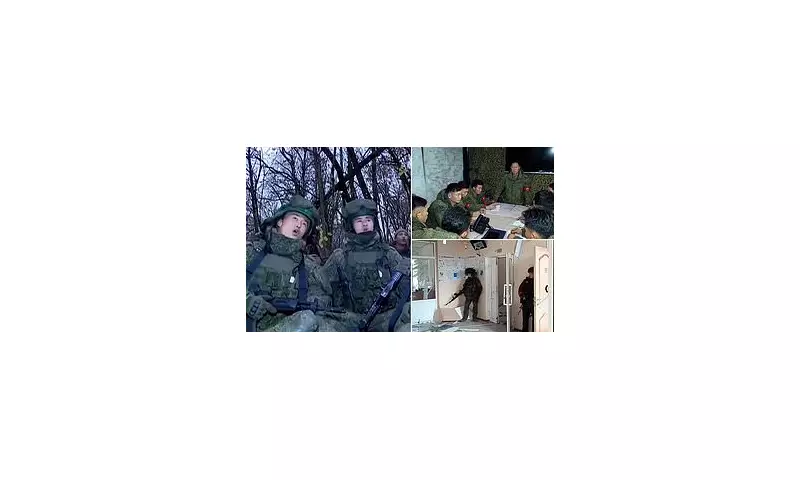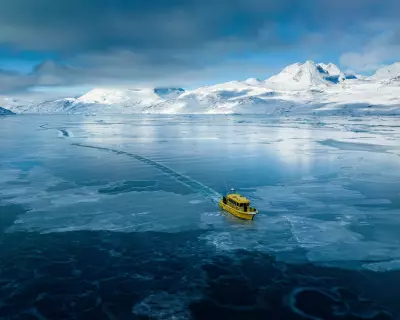
North Korean despot Kim Jong Un has embarked on a highly unusual foreign trip, travelling to Russia in his infamous dark-green armoured train for a clandestine meeting with President Vladimir Putin. The summit, shrouded in secrecy, is poised to send shockwaves through the international community.
The meeting, confirmed by the Kremlin, is expected to take place in Vladivostok in Russia's far east, coinciding with the Eastern Economic Forum. Analysts suggest the primary agenda will revolve around a potential arms deal that would see North Korea supply Moscow with much-needed munitions for its faltering war effort in Ukraine.
A Meeting of Pariah States
This meeting represents a significant alignment of two increasingly isolated nations. Both Russia and North Korea are subject to a web of international sanctions—Russia for its brutal invasion of Ukraine, and North Korea for its illicit nuclear weapons and ballistic missile programmes.
Western intelligence agencies have been monitoring heightened activity between the two countries for months. The White House has recently warned that arms negotiations between Moscow and Pyongyang are "actively advancing."
The Lure of Russian Technology
For Kim Jong Un, the potential payoff is access to sophisticated Russian technology. Pyongyang is desperately seeking advanced knowledge for its weapons programmes, particularly regarding nuclear-powered submarines and military satellite technology. Such a transfer would represent a dramatic escalation and a direct violation of multiple UN Security Council resolutions.
South Korea's foreign ministry has issued a stern warning, stating that any arms deal would "will have a very negative impact on South Korea-Russia relations." The United States has also cautioned that it will not hesitate to impose new sanctions on both countries if a deal is struck.
The Iconic Armoured Train
Kim's preferred mode of transport, his heavily fortified train, is a symbol of his reclusive nature and deep-seated paranoia about air travel. Its journey to Russia is being closely tracked, a slow-moving symbol of a potentially rapid and dangerous shift in global alliances.
This summit marks a pivotal moment in international diplomacy, as two of the world's most sanctioned leaders meet to potentially forge a new alliance built on mutual need and a shared disdain for the West. The outcome could profoundly alter the dynamics of the war in Ukraine and the security landscape of the entire Indo-Pacific region.





